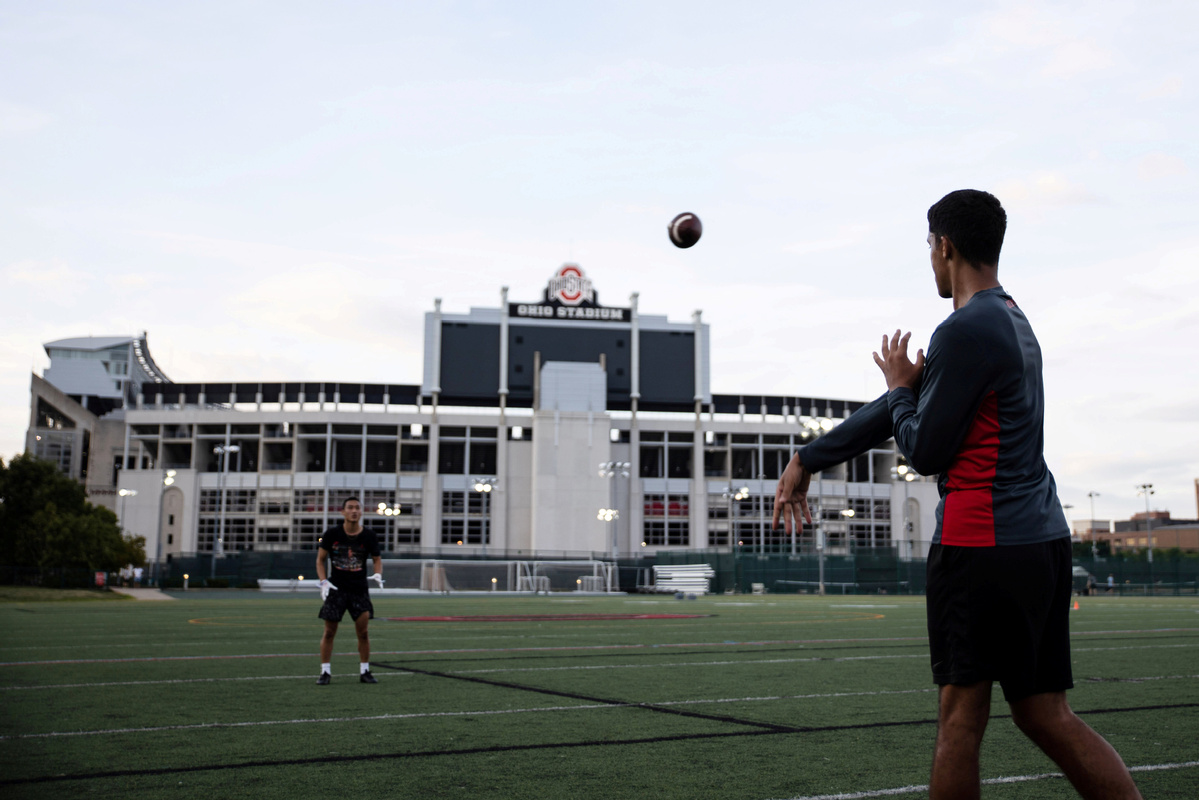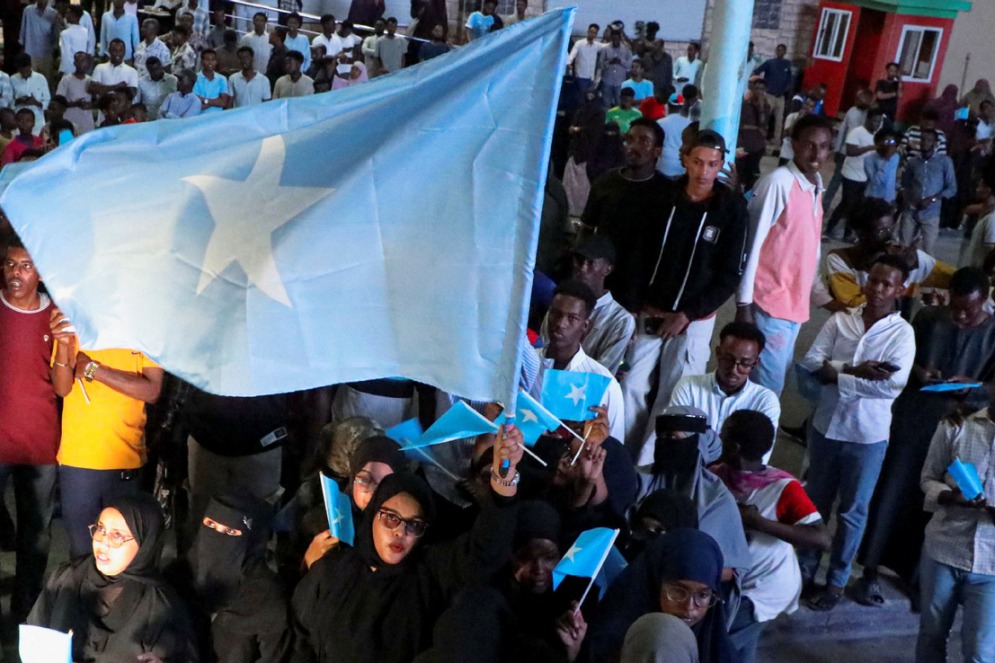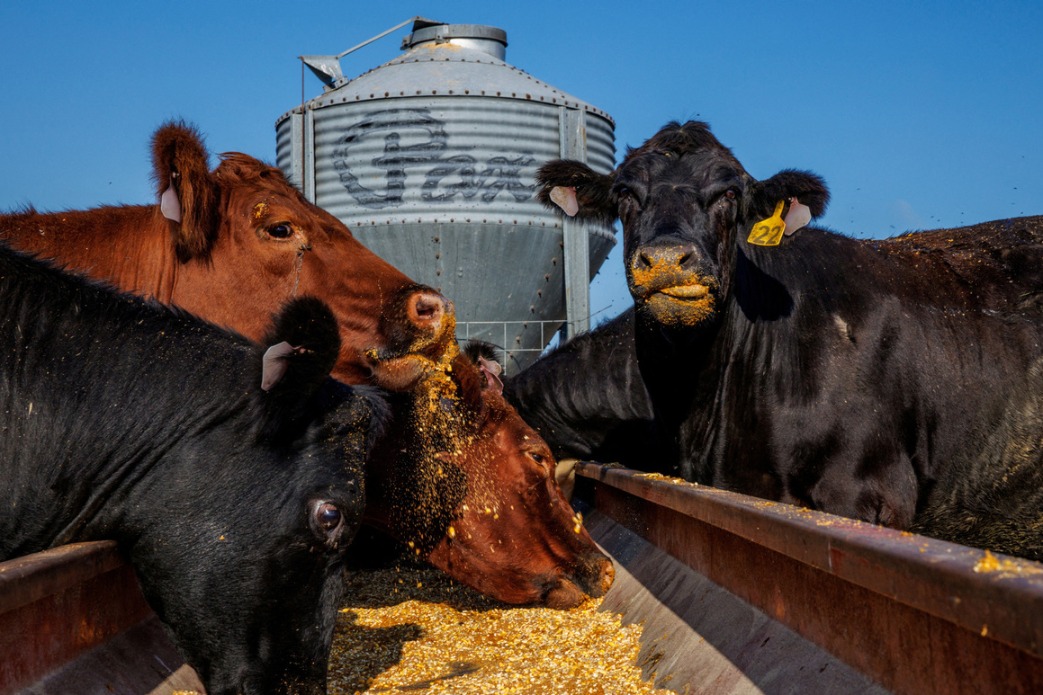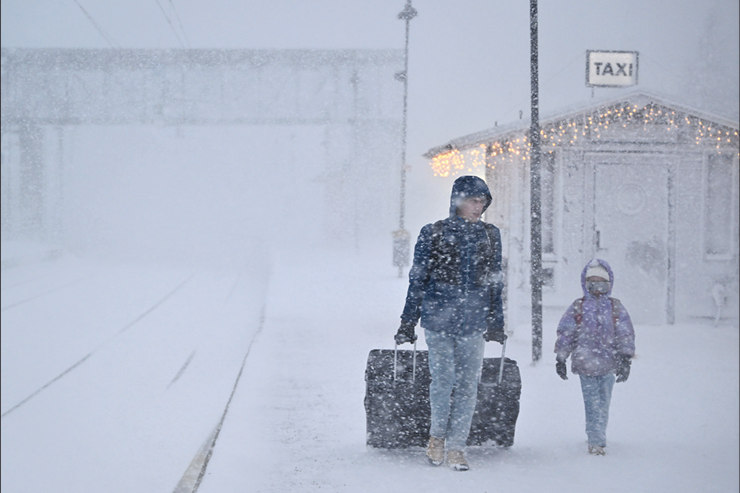College football facing staunch opponent in novel coronavirus


Two world wars and a global pandemic in 1918 couldn't stop college football from being played. Then the coronavirus came along.
Two of the sport's major conferences — the Midwest-centered Big Ten and the West Coast-bred Pac-12 — decided Tuesday to cancel their football seasons over health and safety concerns related to the COVID-19 pandemic while keeping open the prospect of playing in the spring semester.
But the three other conferences that make up the Power 5 — the Southeastern Conference (SEC), the Atlantic Coast Conference (ACC) and the Big 12 — are holding the line on playing this fall.
"Reasonable people can disagree on it, and the Pac-12 and the Big Ten are seeing much of the same information that we're seeing," Bob Bowlsby, the Big 12 commissioner, said Wednesday. "But our board believes in our scientists and has come to a conclusion that's different, and so have the leadership of the SEC and the ACC."
College football is a hero when it comes to contributing to the GDP. The major athletic conferences rake in massive sums from television contracts, while an economic stream flows from the gridirons through the college towns across the country that host games.
According to a 2019 article on forbes.com, the 25 most valuable college football programs in the US averaged $2.7 billion a year in annual revenue for what is ostensibly an amateur sport.
Fox, owned by News Corp, and Disney's ESPN have multiyear TV rights for Big Ten and Pac-12 football games, for which they paid a total of $5.6 billion, according to The Wall Street Journal.
Fox also owns 51 percent of the Big Ten Network, a 24-hour channel dedicated to conference sports. Fox cable networks FS1 and FS2 also show college football games.
On Jan 13, more than 27 million people watched Louisiana State University (LSU) defeat Clemson in the national championship game, which was carried by ESPN. The marquee game hauled in more than $90 million worth of advertising, according to EDO.
Last season, college football brought in nearly $1.7 billion in TV ad spending, according to research firm Kantar.
A loss of television revenue isn't the only economic shock a canceled season would cause.
Alumni and parents merrily visit for games on leafy campuses resplendent in autumn. They help boost sales at bars, restaurants and retail stores in the college towns. The airline and hotel industries also benefit, as many loyal and affluent alumni won't hesitate to fly into town for games, some of which feature ancient rivalries that started more than 100 years ago.
And the sport attracts huge crowds.
In the Big Ten, the University of Michigan stadium in Ann Arbor has accommodated up to 115,000 people. At Ohio State's stadium in Columbus, known as "The Horseshoe", up to 110,000 have attended.
Sandy Barbour, athletic director at Penn State, said the loss of the football season could cost the university up to $100 million. The school is a member of the Big Ten, and its football team plays in a stadium that holds more than 106,500 spectators.
But it's not only the mighty teams that will be affected.
"There are a lot of programs that don't have the resources that the Power 5 [programs] do that are going to take a long, long time to come back from this," Barbour said.
The fight to save the season naturally has played out on social media.
A group of prominent players, led by Clemson University quarterback Trevor Lawrence, started a viral hash tag last weekend on Twitter called #WeWantToPlay.
Clemson competes in the ACC, so the hopes of Lawrence — considered the leading candidate this season for the sport's top award, the Heisman Trophy — have not been dashed.
Lawrence's quarterback rival in that January game was LSU's Joe Burrow, who won the 2019 Heisman Trophy. Burrow also was the first pick in the National Football League (NFL) draft in April. Coincidentally, the NFL plans to play this fall and reportedly would consider playing on Saturdays, the traditional domain of college football, instead of on Sundays.
Burrow, who was drafted by the NFL's Cincinnati Bengals, lamented what would have happened if last season were canceled.
"I feel for all college athletes right now. I hope their voices are heard by the decision makers. If this happened a year ago I may be looking for a job right now," he tweeted.
The late senator Ted Kennedy, who played football at Harvard in the 1950s, once compared it to politics, which he called a different type of contact sport. Politics have come into play in the sport this year, as they have elsewhere in the pandemic.
US President Donald Trump tweeted "Play College Football!" on Monday. At a news briefing Wednesday, Trump said that players' health would be better protected on a football field than in the outside world. He also spoke by phone with Lawrence and LSU Coach Ed Orgeron, supporting their desire to play.
In a story Wednesday, The New York Times looked at the repercussions of no college football in a presidential election year.
US Representative Anthony Gonzalez, 35, an Ohio Republican who was a first-round NFL draft pick after playing wide receiver at Ohio State, told the Times that most constituents in his district would blame university administrators and not Trump for the loss of the season.
"I can say, in my district, I think overwhelmingly people would support the statements that he made, and even people who aren't supporters of his," Gonzalez said. "If we polled it, I think probably 75 to 80 percent of people would agree with that sentiment that they should play."
But US Senator Sherrod Brown, an Ohio Democrat, told the Times that "everything that happens in this pandemic is on his (Trump's) watch. The unemployment's on his watch, the canceled seasons are on his watch."
Brown added that Trump "could point fingers and blame some elite somebody somewhere, but it's on him".
What the SEC does will be most closely watched. In fact, when a group of Southern states hold presidential primaries on the same day, those contests are known as the "SEC primaries".
The SEC is generally considered the best league in college football and is the home of LSU and other national powers such as Alabama, Auburn, Florida and Georgia.
"College football is the lifeblood of the South, and allowing teams to play this season will bring a much needed sense of calm to these strange times," Tommy Tuberville, former head football coach at Auburn and the Republican nominee for a US Senate seat in Alabama, said in a video Monday.
Lou Holtz, 83, former head football coach at Notre Dame and longtime TV commentator, said Tuesday on Fox News: "When they stormed Normandy, they knew there were going to be casualties, there's going to be risks."
College football, a key swatch in the American tapestry, is facing fourth-down-and-long hopes for the 2020 season.
"For anyone that grew up in State College or went to Penn State, every Friday you start feeling like an electricity in the air," Penn State alumnus Dante Lucchesi told The Patriot-News of Harrisburg. "By Saturday, there's so much excitement, and people are just so happy. It's in everyone's DNA in the town. ... So you wonder, what's everyone going to do on the weekends this fall?"

































